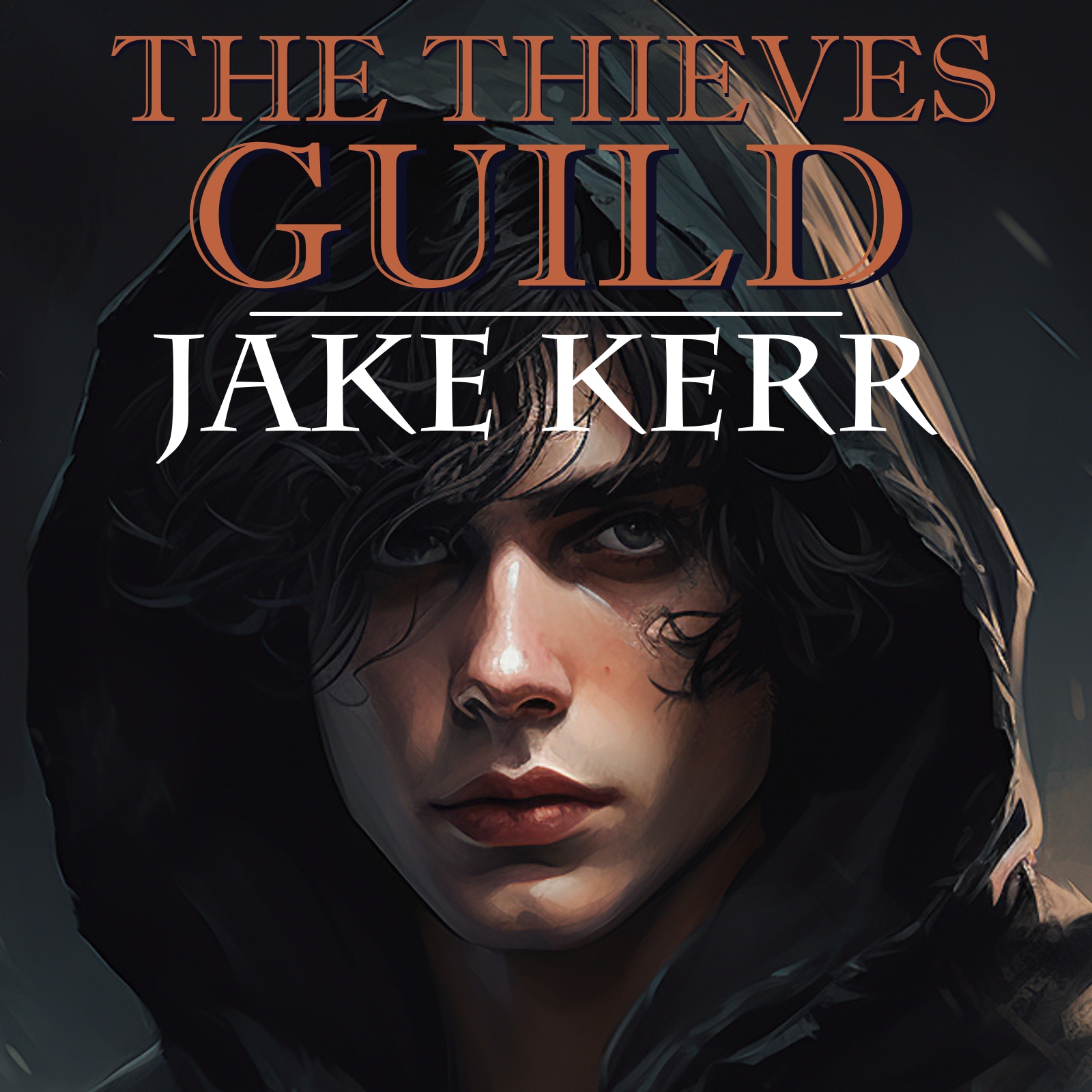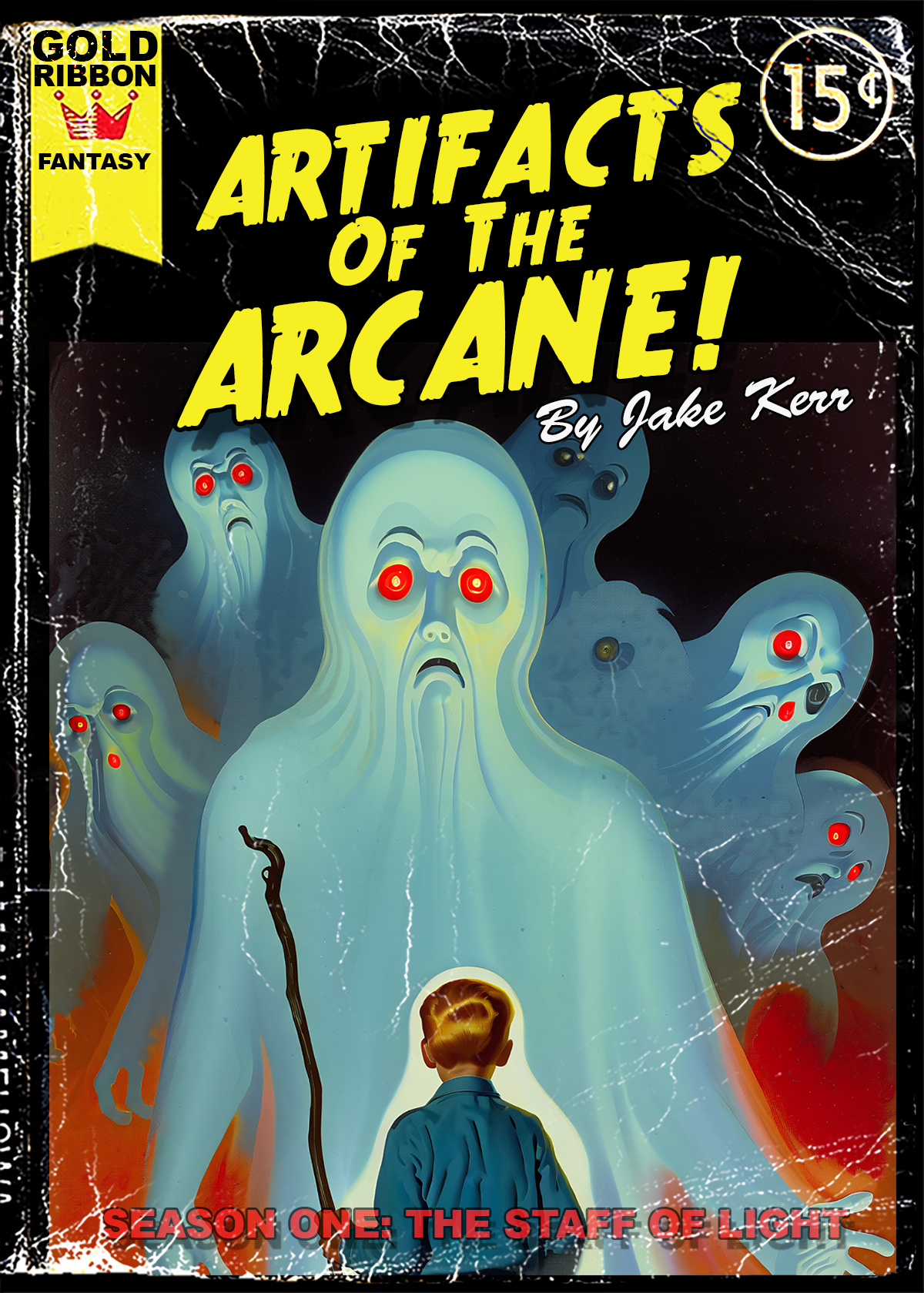One of the questions I get every so often is “How can you produce not just one, but three audio dramas on a weekly schedule?” The short answer is that I’m cheating, but I don’t want to be glib, so I figured I’d provide a bit more detail.
I say I cheat because two of the current audio dramas–Artifacts of the Arcane & Thursday–are being fairly strictly adapted from already existing novels. They aren’t cut and paste adaptations, but it’s close. All I have to do is remove dialogue tags and adapt to small things that are really only applicable to prose. That doesn’t take much time, so there’s not much writing involved.
That’s not the case for The Thieves Guild. I finished adapting my existing work from the first two novels over four months ago. Ever since then I’ve been writing each episode every week. It’s a pretty strict schedule. I didn’t skip a week when my daughter got married in November, and I didn’t skip a week for Christmas or New Year’s. So, in a lot of ways, it’s just embracing the habit of writing.
The habit looks like this: On Tuesday or Wednesday I go over the past four to six episodes and which characters were the focused points-of-view. Generally speaking, I’ll choose the character who has had the longest wait for an update to their story and write about them. I don’t always do this. For example, this week I added a new point-of-view character. Also, sometimes I combine two characters in a single episode. I also did that this week. But, generally speaking, I’ll see which character is owed a story, and I write about them.
The next part of the process is pretty simple and one that terrifies some writers: With a Thursday deadline, I spend time on Tuesday and Wednesday thinking over what the episode will cover. That’s right: There is no outline for the Thieves Guild, and there is no specific medium-term plotting. In writing terms, we call this “pantsing,” as in “writing from the seat of your pants.”
To dig into that a little bit more: I do have some broad ideas on where I want to go, but that is informed by the on-the-spot decisions I’ve made over time. For example, right now I know what is going to happen with the politics of Ness. I know which characters are going to fall into which role. But I have no idea what is going to happen with the other cities, and I don’t know what role that Ralan will play long-term once things settle down in Ness.
And that leads me into the actual writing: I write the full episode, which is usually 1,500 to 2,000 words, on Wednesday night and Thursday morning. It is not difficult because, as I noted, I have an idea of where the scene will go but not what is happening in the scene. So the writing is actually quite fun. It’s like I’m actually reading a story that I’m interested in.
Once the story is written, it goes off to production, and I put the story aside, not thinking of it again until the next week.
A few things make this work for me:
The first is that I spent many years writing a 2,000 word column with a weekly deadline. So the idea of filling that much text in a week is something I have plenty of experience and comfort in.
The second is that I write fairly fast and fairly precise. I usually have an episode written in two or three hours. After that there is not much editing that needs to be done. Sometimes (oddly enough, like this week’s episode), I’ll be producing the audio and I’ll have a brainstorm about how the scene could go better. I’ll then rewrite it on the fly while in production. This is not unlike how some productions go in Hollywood, actually.
Finally, I’m one of those writers that can context switch easily. I can move from “domestic chore brain” or “work brain” to “writing brain” fairly easily.
A question I get rarely but I still get asked is how I’m able to create such a complex narrative, with different people plotting with different goals and with minor things from episode 2 suddenly showing up in episode 60. The answer is a bit of a cop out: It just seems to work. I can’t really explain it. Much of it is serendipity. For example, there is a major bombshell coming in the story. I’m hinting at it now, as the idea hit me a couple episodes ago, and when the bombshell drops everyone will say, “That makes so much sense! All the hints were there from the beginning! What an exquisite job Jake did plotting this!”
Not really. What I saw were a bunch of disconnected things that worked in the moment that I was able to stitch together into this cohesive story component that somehow works perfectly with all the things going on around it. There are examples throughout the series. Pietro’s books are the best example. They were a small setting detail to add ambience to Pietro’s basement quarters, but many episodes later they became much more. Rogers’ defense of the Pit was meant to just create some action, but it will turn out to be a major part of his story. And Rogers himself is a great example: He was a bit character that I didn’t intend to focus on for more than a short section of the series, but now he’s a major character.
And I think that kind of explains the whole process for me: I write the series like the listeners experience it. I discover new things. I let the story take me where it will. And I really enjoy finding little surprises.


